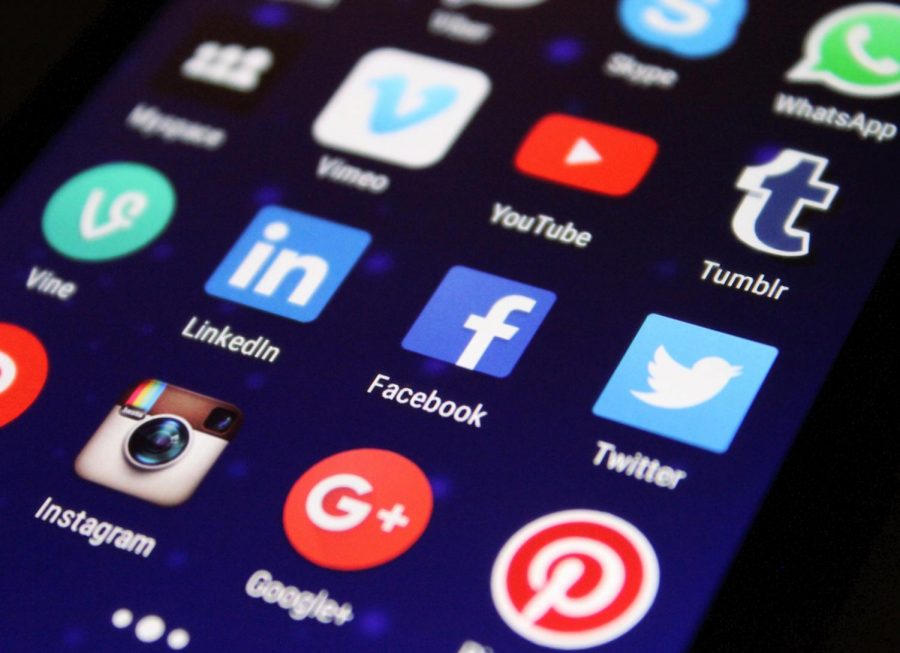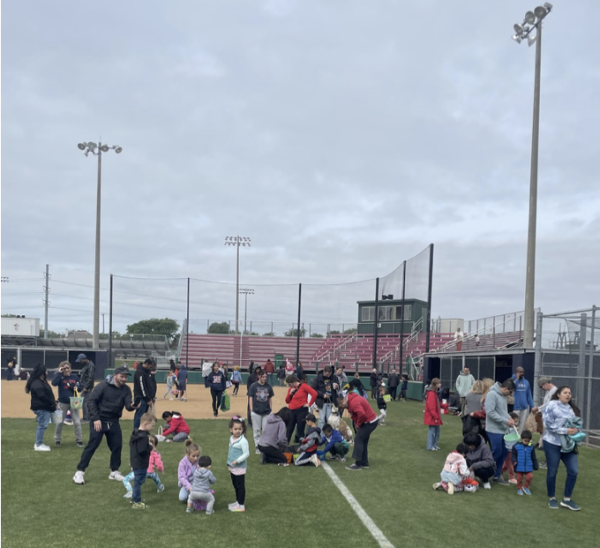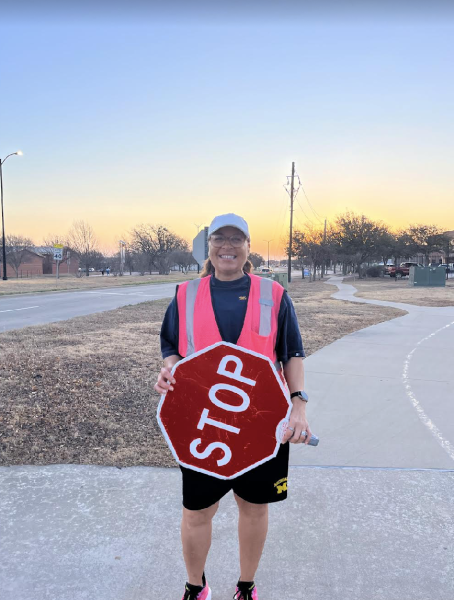Social Media Sensationalism
Populism and inequality aren’t news; calling Mexican immigrants rapists and vowing to build a wall are. The manipulated language one uses to get a specific reaction from the audience is known as sensationalism, for which we all have fallen for at least once in our lives.
This trend started off in the early years of journalism through the yellow press where journalists invoked strong emotions within their readers by printing eye-catching headlines with ill-researched and falsely presented news to increase sales. In the present day, this can be contrasted with clickbait thumbnails and titles YouTubers use to gain views and fan following.
The audience most susceptible to being targeted are children. With the boom in technology over the recent years, almost every child aged 5-12 has access to some sort of cellular device, tablet, desktop, etc. At such a young age, every click and redirection to a new link has a major impact on their brain chemistry, getting them hooked to a specific media, which accentuates negative behaviors.
Children are naive and gullible. They don’t understand that the messages their idols send to them are inappropriate. They watch their favorite influencers do something unfitting, but find it cool, so they implement those specific behaviors into their lives.
The rise of social media influencers and their exponentially increasing fan base makes it easier for them to bluntly state their strong opinions, without the fear of offending a minority due to the fact that they won’t encounter those people in real life. Even though a lot of influences take advantage of their large audiences and their feedback for self-validation, “success,” and clout, a lot of influencers neglect or disregard the fact that their audience considers them an icon.
Since these “icons” are so looked up to, they have authority over a part of followers’ living experience. By providing their target audience inapt messages, they’re consciously making the decision to cause irreversible damage to their psyche, holding control over the way they act, think, interact with others, and view themselves.
With the emergence of social media, everybody is vulnerable to the latent dysfunctions it exposes our society to. The purpose of social media was to connect with people worldwide and update your followers on your life, however, it has unintentionally caused others to feel left out. Not everybody can afford lavish lifestyles or knows the shortcuts to going viral, which can make people feel disconnected on an interconnected platform.













